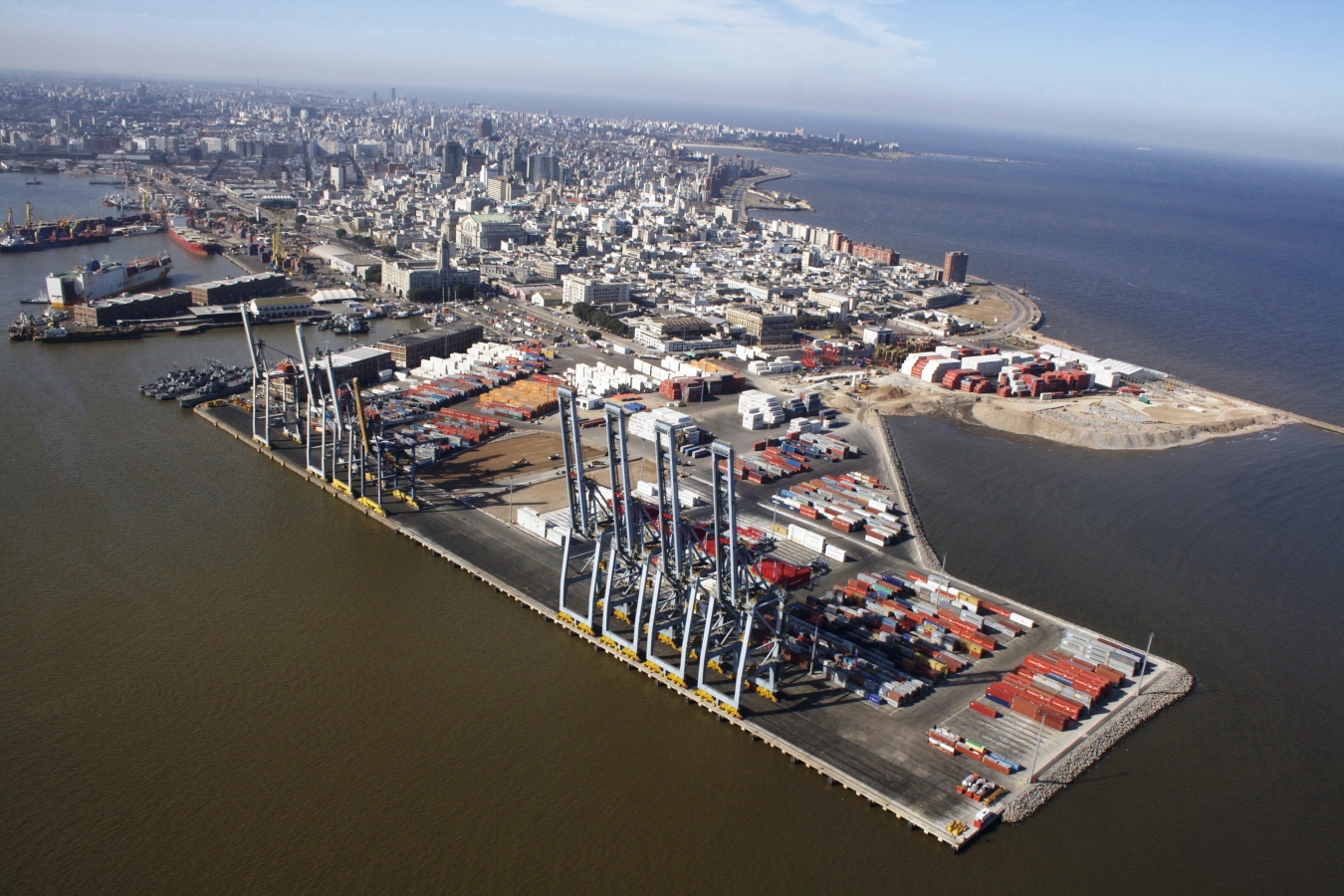In Uruguay, the phenomenon of free trade zones was born in 1987, with the enactment of Law Nº1 15921, consolidating since then as a dynamic source for attracting investment, generating qualified employment and diversifying the country's exports.
Those who take advantage of the free zone regime are exempt from any national tax, created or to be created both internally and to foreign trade, the State being responsible for any damage due to regulatory changes. The beneficiaries must comply with rigorous obligations of economic substance, transfer prices and Uruguayan job creation, all backed by a business plan.
According to official sources, today the Uruguayan free zones employ approximately 15 thousand people – many of them with a high level of training, reach 11% of total exports and 4.32% of total GDP.
Currently, there are more than 11 free zones in Uruguay, abroad and in Montevideo, and in addition to the traditional ones geared towards logistics, services and foreign trade, such as Zonamerica, new zones have been approved, with specific projection for the shared services of multinationals to Latin America and the world (as is the case of Aguada Park and WTC), and also areas specially prepared for highly sophisticated industries, services and intellectual property, such as pharmaceutical production and research, as is the case of Science Park. They all take advantage of Uruguay's high economic and human and democratic development indexes, as well as its legal security and strategic geographic position in the Southern Cone of South America.
No one doubts that both Colombia and Uruguay have known how to recognize that Free Zones are a powerful tool to achieve the development of an ambitious service free zone in the city of Cali, which has recently been approved by the National Tax and Customs Directorate (DIAN ) from Colombia.
To preserve the momentum of the free zone regime, it will be essential to address its vulnerability to international tax pressures, particularly those of the Organization for Economic Cooperation and Development (OECD), legitimizing its demand for economic substance and compliance with tax standards. international
SOURCE: El Observador https://www.elobservador.com.uy/nota/zonas-francas-en-colombia-y-uruguay-2014103111480
